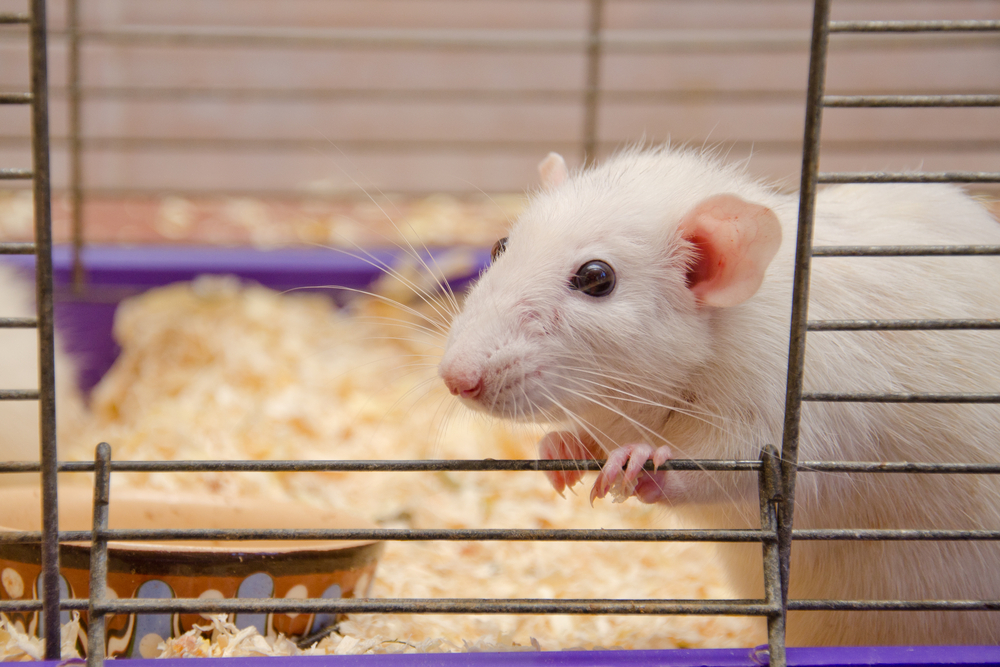BBT-877 Shows Strong Ability to Ease Lung Fibrosis, Early Study Shows
Written by |

The idiopathic pulmonary fibrosis (IPF) treatment candidate BBT-877 eased lung fibrosis (scarring) in a mouse model, according to South Korea-based Bridge Biotherapeutics. The company believes that BBT-877 may become the “best-in-class” medication for IPF.
Data from a preclinical study on BBT-877 was presented at the 2nd Annual IPF Summit, Aug. 20-22 in San Francisco.
Bridge’s results in the bleomycin-induced mouse model of IPF demonstrated that, compared to other compounds, BBT-877 was superior in reducing lung fibrosis, as assessed by the Ashcroft score (a common measure to determine the severity of PF) and the deposition of collagen — a key event in the development of fibrosis.
“It is a great opportunity for Bridge Biotherapeutics to present the outstanding preclinical study results on BBT-877 at the IPF Summit 2018,” James Lee, Bridge’s CEO, said in a press release. Lee said the company “aims to develop BBT-877 as the best-in-class drug for IPF as fast as possible to bring this investigational compound to patients as new treatment option.”
Connect with other patients and share tips on how to manage PF in our online forums!
BBT-877 inhibits the enzyme autotaxin (ATX), regarded as a promising target for diseases including fibrosis and cancer.
ATX plays an important role in the generation of the lipid (fat) cellular signaling molecule lysophosphatidic acid (LPA). Prior studies showed that LPA accelerates lung, kidney, and liver fibrosis by regulating cell proliferation and migration, as well as the release of inflammatory molecules and reduction of apoptosis, which refers to “programmed” cell death, as opposed to cell death caused by injury.
The company plans to start a clinical trial in the United States this year. It also expects to submit an investigational new drug application of BBT-877 to the U.S. Food and Drug Administration (FDA) by the end of the year.
BBT-877 was initially discovered by the Korean biotech company LegoChem Biosciences, which licensed exclusive worldwide rights to Bridge.
GLPG1690, an ATX inhibitor being developed by Belgium-based Galapagos, has been approved to proceed to phase 3 stage. Results showed it prevented lung function decline in the Phase 2 FLORA trial (NCT02738801) in 23 patients with IPF. The Phase 3 program, called ISABELA, intends to support both new drug application (NDA) and Market Authorization Application (MAA) filings in the United States and European Union, respectively.
Besides BBT-877, Bridge is also developing BBT-401, an inhibitor of the protein pellino-1 for the treatment of ulcerative colitis. Among other roles, pellino-1 is implicated in inflammation. A Phase 1 clinical trial (NCT03482648), testing the safety and tolerability of single and multiple ascending oral doses of BBT-401 in healthy volunteers, is enrolling participants in Nebraska.






